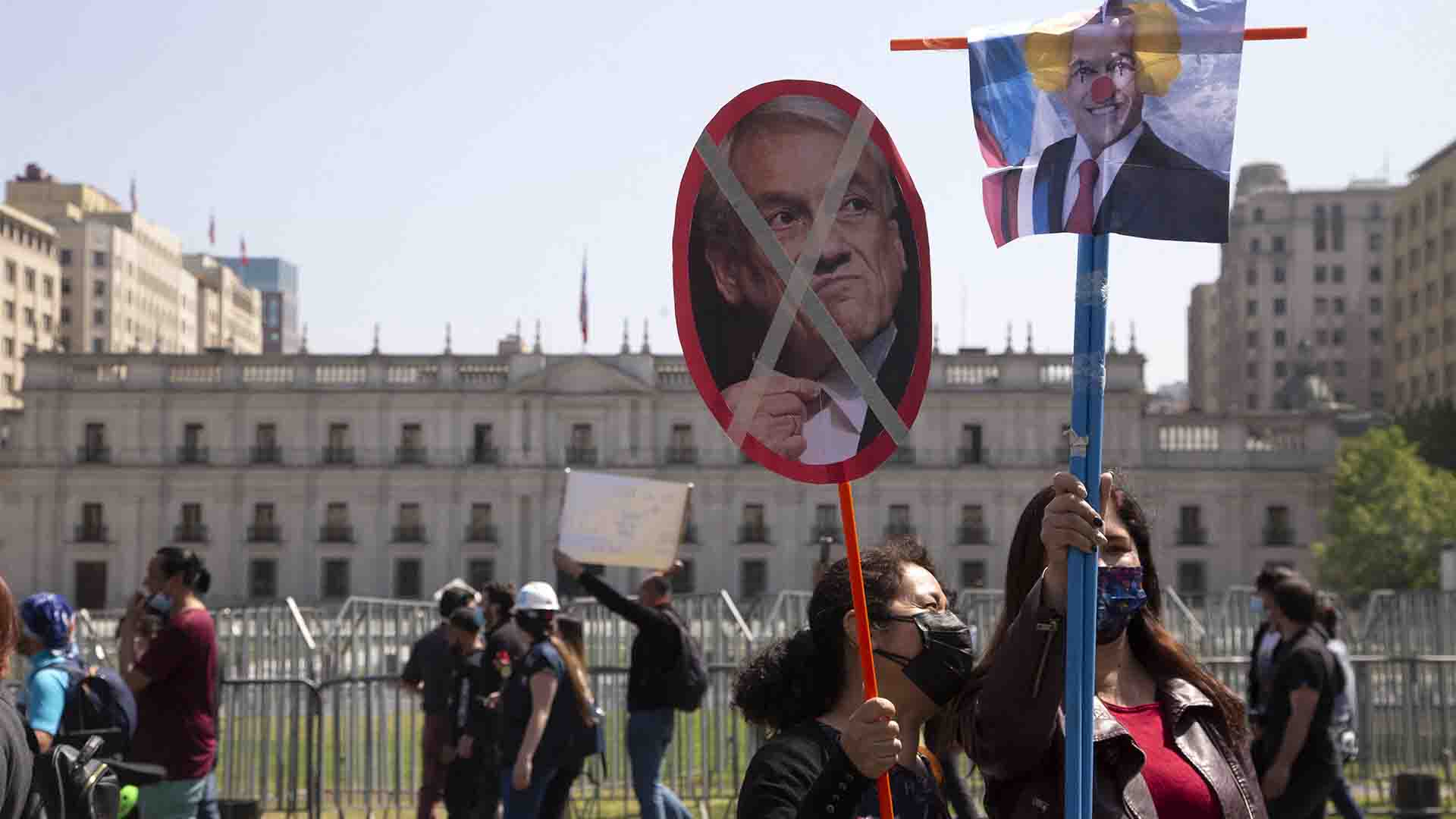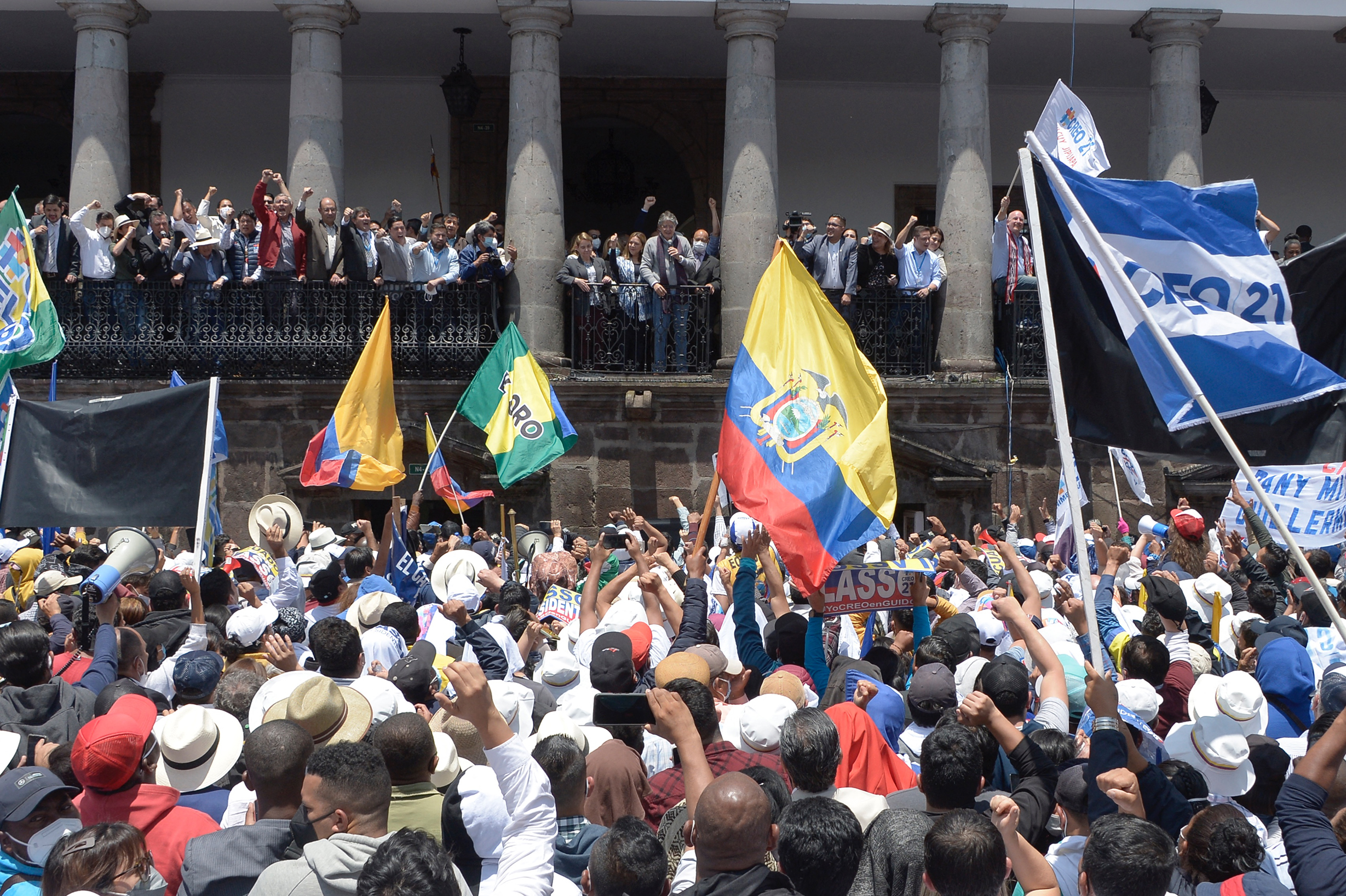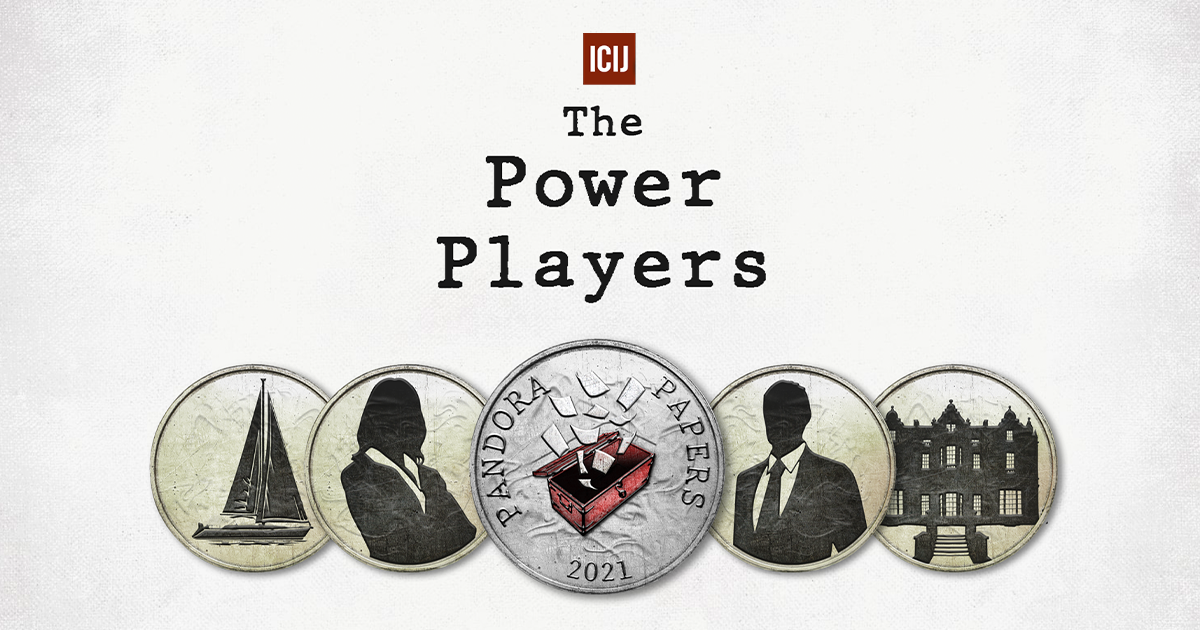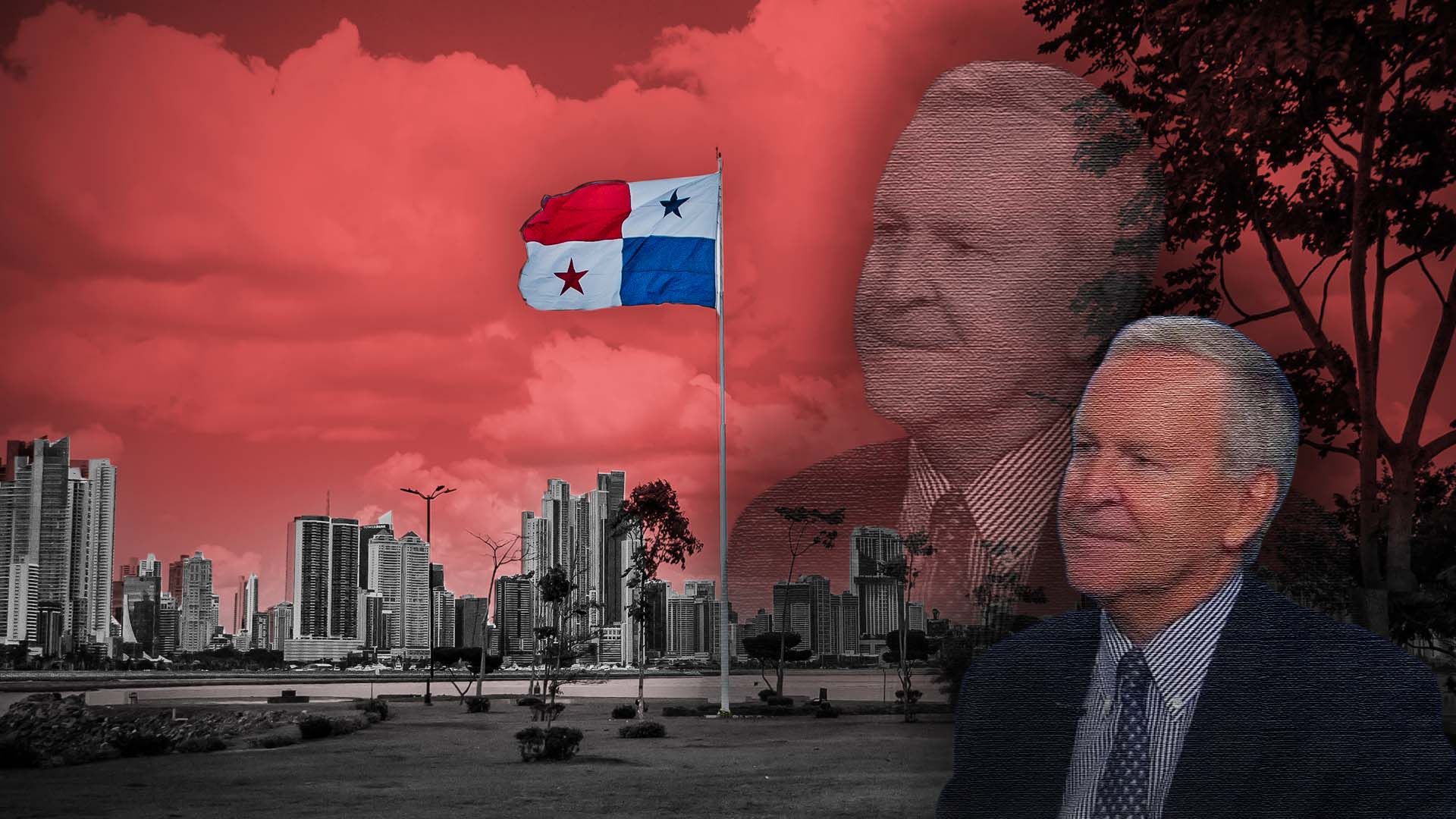Chile’s president Sebastián Piñera has overcome a vote by the nation’s senate on impeachment charges sparked by the Pandora Papers.
Six days ago, the lower house of Chile’s congress impeached Piñera, setting up a trial in the senate on whether to remove him from office due to allegations involving the sale of a mining company partially owned by family members.
On two separate charges, the opposition failed to secure a supermajority of 29 senate votes needed to remove the president.
The mining company was sold nine months into Piñera’s first term to one of his close associates. Part of the payment was contingent on the government not moving to enact new environmental regulations that would prevent the mining project, an investigation by ICIJ’s partners, the Chilean Center for Investigative Reporting (CIPER) and Labot, showed.
The acquittal comes less than a week before Chile’s national elections. Piñera, whose second term as president ends in March, isn’t on the ballot as the country’s constitution prohibits consecutive presidential runs. He is the first president to face a constitutional accusation since Chile’s return to democracy in 1990. Analysts have said that the Pandora Papers revelation could hurt the candidacy of Sebastián Sichel, the ruling party’s candidate.
“It is completely unacceptable that, based on such a weak and opportunistic accusation, we stain a democratic tradition by which the president elected by the Chilean people hands over power to another president who has been elected by the Chilean people,” said Jorge Gálvez, Piñera’s defense attorney, in his plea to senators to reject the accusations.
Gálvez blasted the proceedings, arguing that there was no evidence proving the president had knowledge of the controversial business deal. He said that the impeachment proceedings were politically motivated given the upcoming elections.
Piñera is separately under criminal investigation by Chile’s national prosecutor, who launched a probe five days after the Pandora Papers were first published. The probe focuses on the 2010 deal and could lead to bribery and tax-related charges.
Gael Yeomans, an opposition member of the Chamber of Deputies, insisted on Tuesday that, even if Piñera wasn’t convicted, the details of the contract revealed by the Pandora Papers constitute a conflict of interest. “The private benefit of the Piñera Morel family was directly linked to the public administration,” she said.
“There is no deadline that does not arrive or debt that goes unpaid. If today the constitutional accusation is rejected, we will continue to insist on making use of all institutional mechanisms at the national and international level so that the Government of Mr. Sebastián Piñera responds for the abuses against the republic and to the country,” Yeomans said.
A reckoning for Latin American leaders
Piñera is one of three sitting Latin American presidents whose offshore dealings were exposed in the Pandora Papers, a global investigation led by the International Consortium of Investigative Journalists.
Besides Piñera, President Guillermo Lasso of Ecuador and President Luis Abinader of the Dominican Republic appear in the leak along with 11 former heads of state and dozens of politicians from the region.
Owning or being linked to an offshore entity isn’t necessarily illegal, but the secrecy provided can serve as cover for illicit money flows and enable money laundering, tax evasion and the financing of terrorism or other crimes, experts say.
When it comes to world leaders and public officials, their use of offshore entities must be examined and questioned, according to Susana Ruiz, tax policy lead at civil society group Oxfam.
“When those using tax havens are presidents or finance ministers, what they are showing is a willingness to pay less in taxes, which is a moral offense to their countries, or a complete lack of confidence in their countries’ institutions since they are looking for protection under a better legal framework,” said Ruiz. “They are the ones who should lead by example. Instead, they choose to benefit and protect themselves rather than create change even if it upsets powerful business people.”
More than in previous Latin American offshore scandals, after the Pandora Papers, “it looks like there will be a high political cost to be paid” for the leaders named in the leak, Ruiz said. “Perhaps this is because it is the first time we see so many presidents involved … I hope this means more restriction of the use and abuse of offshore companies.”
Prominent Latin American politicians are facing official scrutiny in several countries after their offshore dealings were exposed in the Pandora Papers.
THREE REPORTS ON LASSO: Legislators in Ecuador have issued three reports of investigations into president Guillermo Lasso’s links to offshore entities. At issue is whether Lasso violated regulations enacted in 2017 that prevent public officials from owning offshore companies. The Pandora Papers documents show that in late 2017, months after the new law, Lasso authorized the transfer of companies held by two Panamanian private interest foundations to newly created trusts in South Dakota.
Last week, a legislative committee concluded that there are grounds to remove Lasso from office for violating the offshore rule. A separate report from the fiscalization commission of the Ecuadorian parliament contradicted those findings, concluding that Lasso is not a direct beneficiary or director of any company located in offshore havens.
Now the parliament has to decide if it accepts the legislative report and begins removal proceedings or refers the case to the government’s accountability office and the attorney general. The country’s attorney general recently confirmed that Lasso is already under a preliminary investigation for allegations of tax fraud.
GUEDES TO FACE CONGRESS: Brazilian economy minister Paulo Guedes is required to appear before a congressional commission on Tuesday, after requesting two postponements. Guedes will have to answer questions about ICIJ’s Brazilian partners’ revelations that he’s a shareholder in a company incorporated in the British Virgin Islands.
COLOMBIAN TAX CHIEF: In Colombia, ICIJ’s partners El Espectador and CONNECTAS reported that the country’s tax chief Lisandro Junco didn’t comply with a requirement to declare a company he had incorporated in Delaware in 2016, uncovered in the Pandora Papers. Junco amended his declaration on Oct. 22, a day after the omission was made public in a legislative session. In interviews before the publication of the investigation, Junco said he wasn’t required to report the company but experts said his omission could lead to a disciplinary sanction.
Junco, who is one of 588 Colombians that appear in the Pandora Papers, recused himself from investigations related to the leak and the country’s president had to appoint another public official to oversee possible upcoming probes.
PERU’S FORMER PRESIDENT: In Peru, the special prosecutor leading the investigation into the bribery case known as Operation Car Wash questioned former President Pedro Pablo Kuczynski on Oct. 20 about the role of an offshore company Kuczynski created while he was minister of economy. The prosecutor said the company was used to transfer money secretly and Kuczynski never included it in his declarations of assets. Kuczynski told prosecutors that he didn’t remember certain details of the company’s incorporation but denied that he tried to hide it, ICIJ partner Convoca.pe reported.




